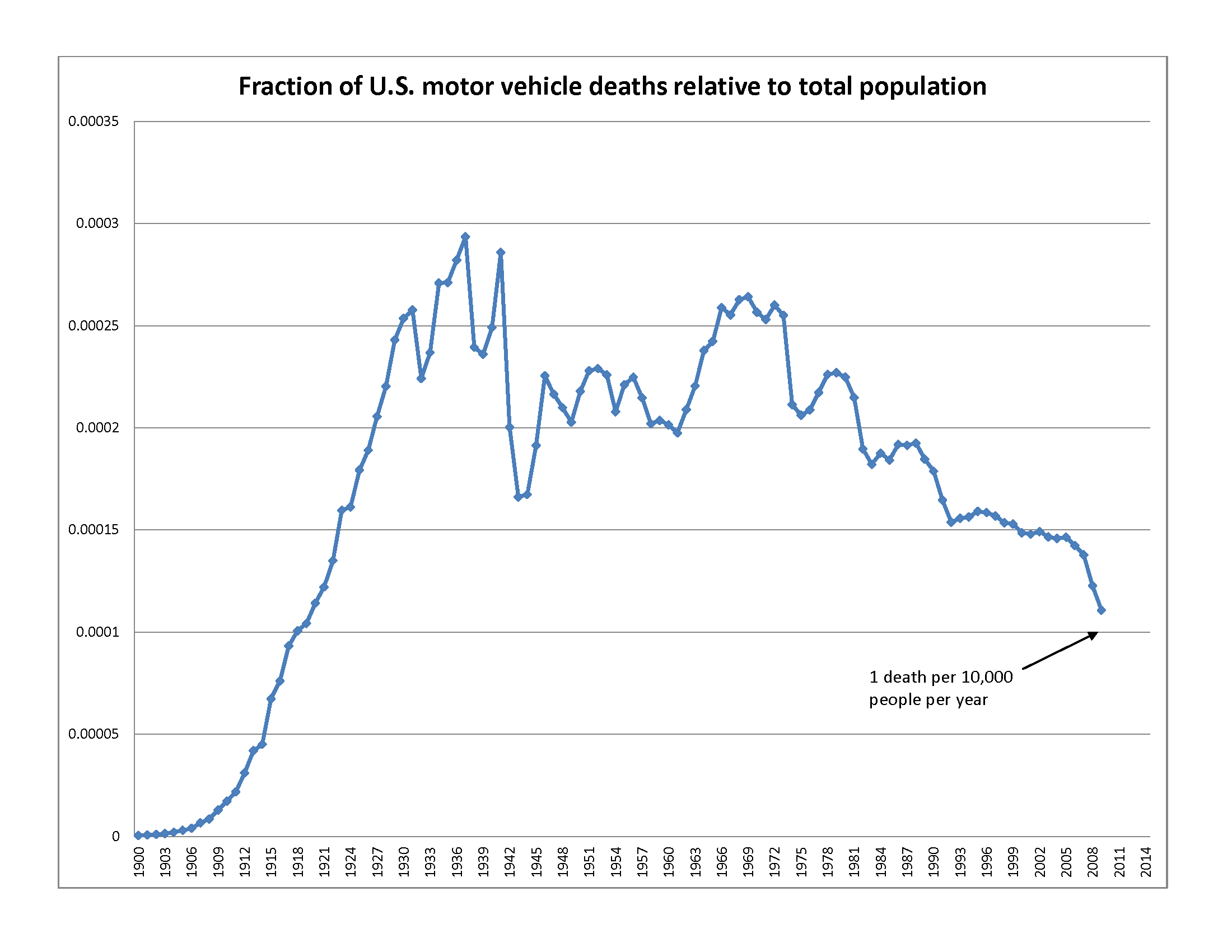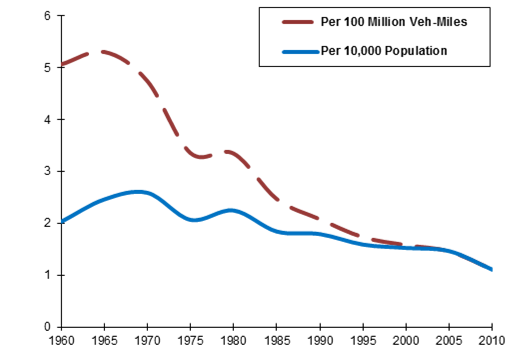While waiting for the hot next startup to enable us to defeat disease and live forever, we can make choices today that increase lifespan.
Health is a notoriously contentious field, crowded with pseudoscience: the Sugar Conspiracy and Salt Disinformation Campaign, research burdened by compromised incentives.
What happens when the rationalist community, obsessed with drawing evidence-backed conclusions, looks into healthy living? They say "Exercise and don't smoke," unsurprisingly, but also recognize the value of a daily walk just long enough to enjoy an electronic cigarette.
Other surprises:
Flossing This turns out to have weak support (see comments) so I will continue to floss as often as I wear a bike helmet.
Blood donation "donating blood once a year is almost certainly worth it if you're a man" (also contended in comments).
Here's the summary.
- 1. If you know people who smoke, getting them to vape is the single largest impact you can have on their lifespan.
2. Pay attention when in your car.
3. CONSTANT VIGILANCE when dealing with the medical profession and drugs.
4. Exercise: very high return on first few units of effort, some cardio and some resistance training is best.
5. Blood donation every 12-24 months for men.
6. Buy a blood pressure monitor and do blood pressure reduction interventions if needed.
7. Eat fish, nuts, eggs, fruit, dark chocolate. Supplement Vitamin D3.
8. Work towards a healthy weight.
9. If you are losing sleep/are stressed, try one small intervention at a time, and don’t get discouraged. These interventions are the hardest but potentially the most rewarding. Supplements for stress, anxiety, and sleep are somewhat subjective and vary more in reported efficacy than others; self-experimentation is recommended.
10. Floss (and see a dentist).
I can't find any evidence that acetaminophen was ever required in opioid painkillers. Somewhat the reverse: the FDA was criticized for moving too slowly to limit the amount of acetaminophen that is included in prescription pain medication. The motivation for adding it to begin with seems to be that it is effective, not to discourage abuse. So you are right to question this source of medical information. But are the doctors and public health experts better? They do not agree with each other, and often give bad advice. I think the best course is to remain skeptical and develop the skills of gathering and weighing evidence from all sources and drawing justified conclusions.
I think most of these are good ideas. I'm skeptical of recommending taking any vitamin supplements, as the data for most of them are pretty ambiguous, as far as I'm aware. I think #2 is becoming a bigger and bigger issue. I don't know any numbers; just seems that way. It seems like almost every day on my way to work I see someone driving poorly, only to notice that they're messing with their phone.
The companion article on how to avoid dying in a car crash is worth a look. It's common sense to pay attention, be sober, and avoid bad weather. But it is helpful to know how much these factors come into play, and how much avoiding risk factors can help. • 75% of all crashes involve wet pavement. • The fatality rate per mile of nighttime travel is about three times as high as during daytime hours. • Alcohol and seat belts were considered too obvious to quantify, unfortunately. I have high hopes for self-driving cars to reduce the awful toll of crashes. Whenever I drive, I can't imagine an automated system handling construction zones with confusing temporary lane markings and irregular surfaces, but those conditions are difficult for human drivers too and the robot only has to be better than humans, not perfect.
Go to town. I just think it's important to keep all this stuff in perspective: I grew up in cars with steering columns that would spear you like a butterfly and now Takata is recalling eighty million airbags because eleven people have died. I grew up with no car seat. My sister had one of these: My daughter? Fuckin' Ham the chimp didn't have it that good when he went into orbit and my kid rawks that on the way to the babysitter's. Yeah, there are shitty drivers and yeah, texting is a whole new challenge but growing up "drunk driving" was a 0.14 and we had drive-up liquor windows. Driving is not more dangerous now.


Lets be honest .08 drunk driving is not about safety its about revenue. Having .08 in your blood makes you no more likely to crash than someone who is just tired. The drunk driving shit has gotten totally out of hand. All sorts of crazy proposals to lower it to .04 as a back door way to bring in a new era of prohibition.
✓ chart shows data from all relevant years, not suspiciously selected years ✓ chart depicts measures that are constant over time (deaths, miles), not indices of a sample population that is in constant flux ✓ chart does not rely on counter-intuitive math ✓ y-axis is zero-based The apparently very good trend shown by the red line is a bit misleading, as the blue line shows rapid growth in number of miles traveled, so we should multiply the two lines together to get the total number of deaths. (It's not much consolation to know that someone drove a lot of miles before being killed in a crash.) We would also want to correct for population change. Wikipedia has the result:
The stats are even better than that if you only factor in newer cars. There has been a lot of safety improvements in the last decade, and some pretty big ones in the last couples years with partial overlap and rollover safety standards. Oh and now with automated/assisted breaking the only thing thats left is staying in your lane, and nor running red lights and even that's getting automated away.


